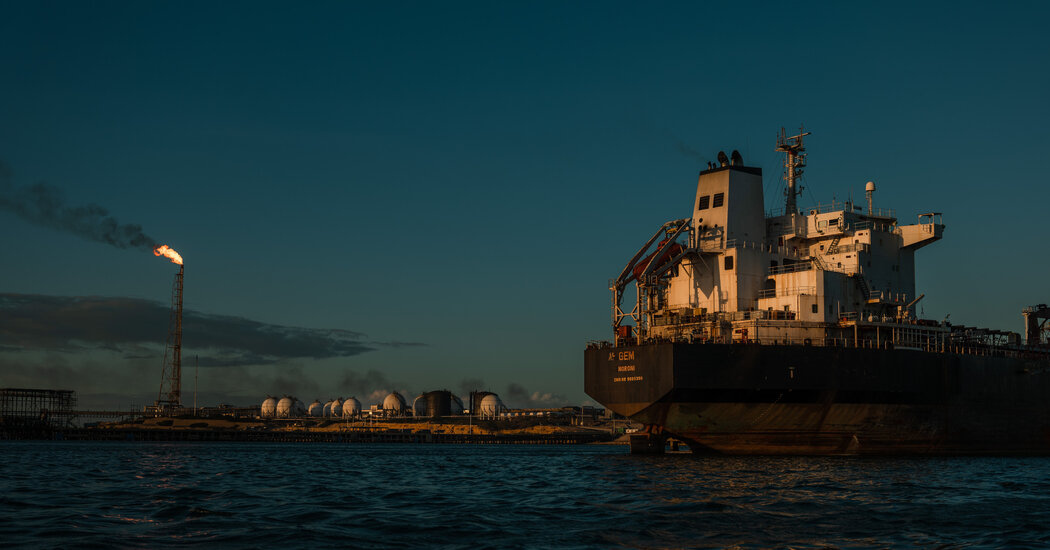Washington’s ultimate goal – and that of the otherwise often divided Venezuelan opposition – is to push Maduro to set free and fair terms for the 2024 presidential election. In the past, Maduro has controlled elections by banning many opposition leaders, imprisoning others and co-opt political parties.
Francisco Monaldi, director of the Latin America Energy Program at Rice University, said the Chevron deal was not just symbolic. Within two years, the company could be producing more than 200,000 barrels per day in Venezuela, on top of the roughly 765,000 barrels it now pumps out daily, according to Argus, an industry monitor.
The issue to watch going forward, he added, is whether other companies will be able to use the Chevron deal to pressure Washington to lift further sanctions against Venezuela.
Current US rules prohibit both US and foreign companies from buying Venezuelan oil. But entities like Spain’s Repsol and India’s Reliance have spent years lobbying Washington for sanctions relief, Monaldi said.
“It’s very hard to justify – for the US to tell India not to buy Venezuelan oil if they buy Venezuelan oil,” he said.
While the multibillion-dollar humanitarian aid deal has yet to be finalized, the Venezuelan government and opposition signed an accord on Saturday setting out the framework for overseeing that future program. Norway will facilitate that monitoring process.
In a presentation to the news media, Dag Nylander, the head of the Norwegian delegation at the meeting in Mexico, said the aid program would work to improve the country’s public health system, national electricity system and public education system, and that it would solve problems which have been caused by heavy rainfall this year.
Julie Turkewitz reported from Bogotá, Colombia, and Zolan Kanno-Youngs of Nantucket, Massachusetts. Isayen Herrera contributed reporting from Caracas, Venezuela.

